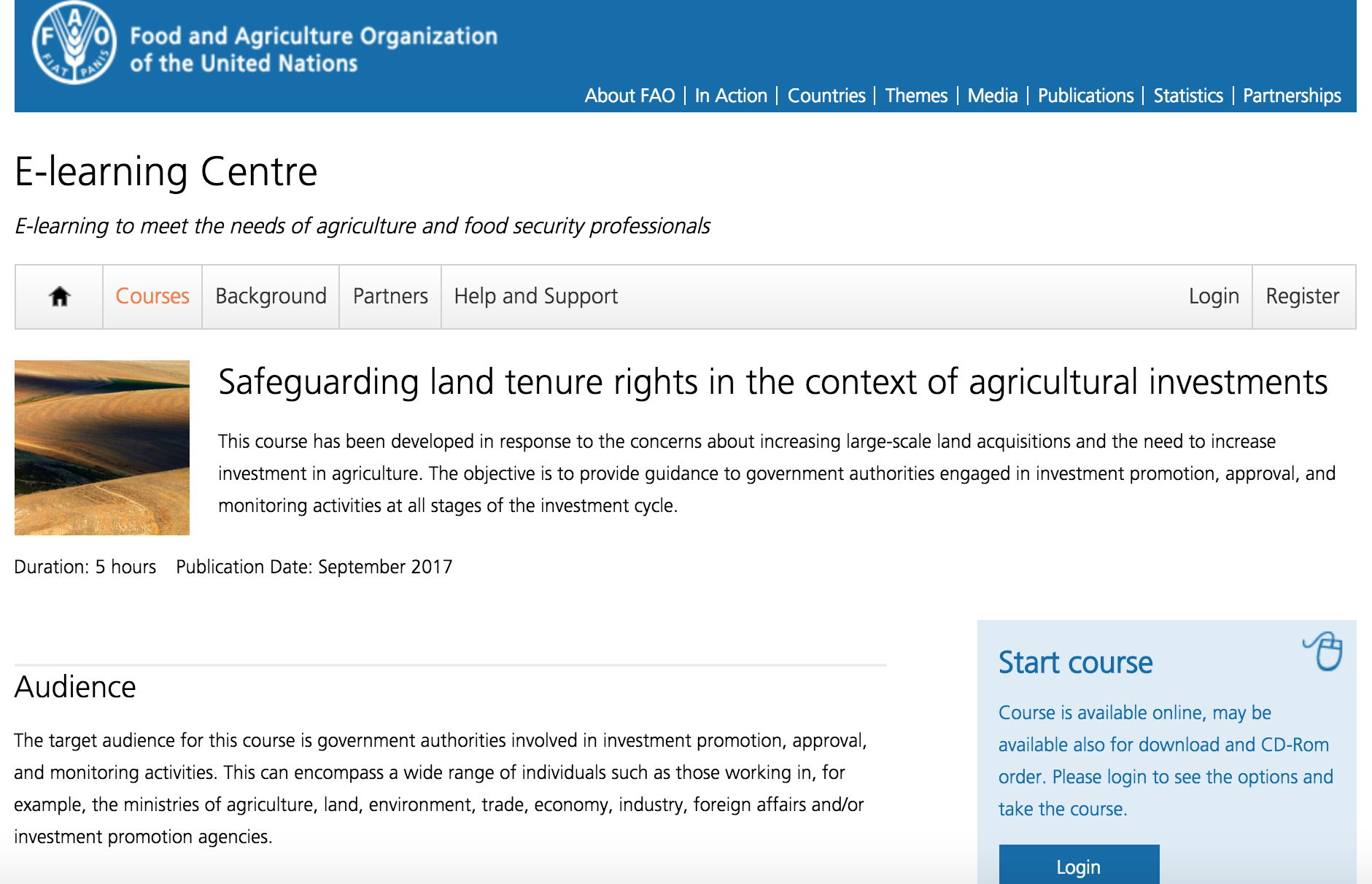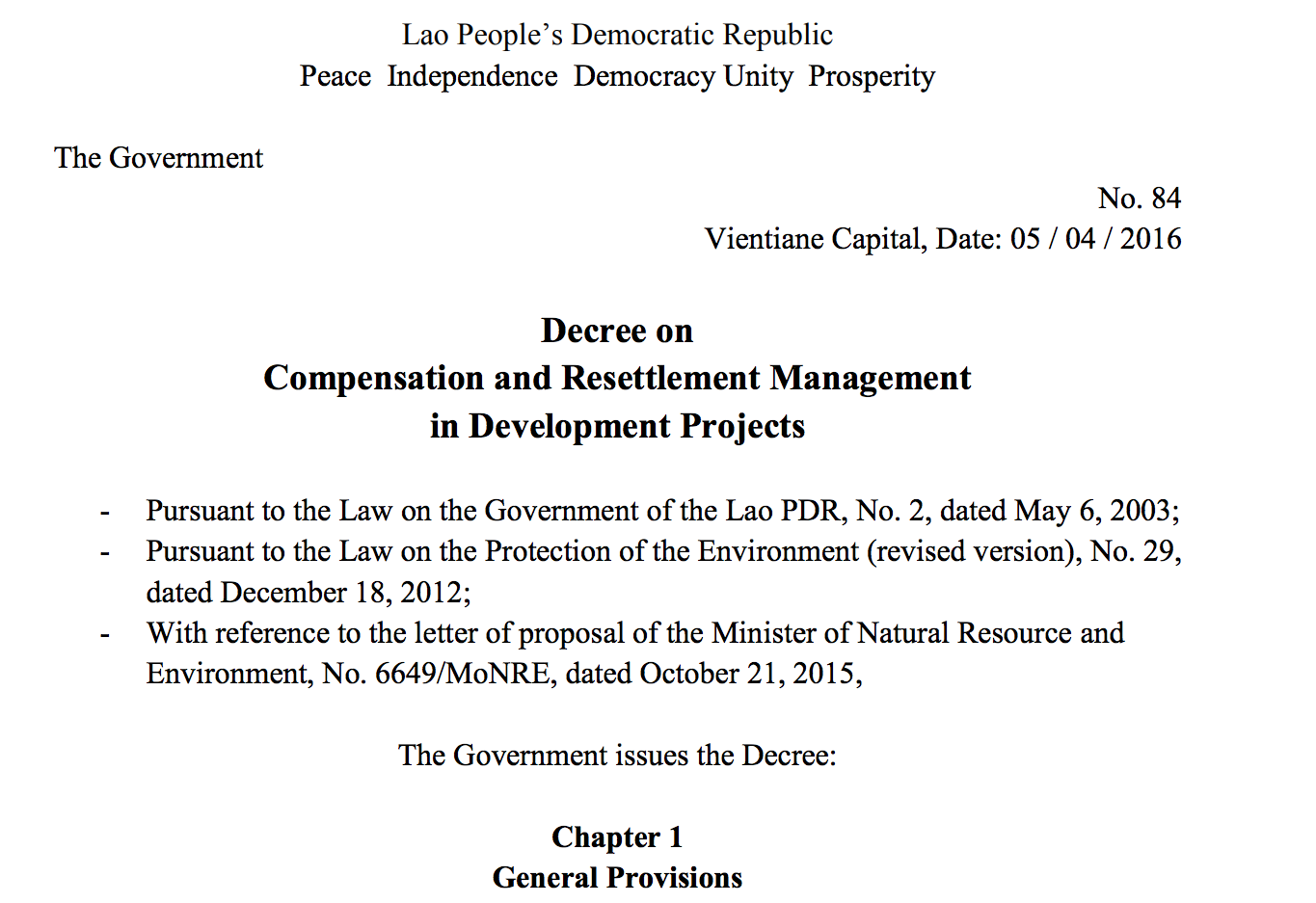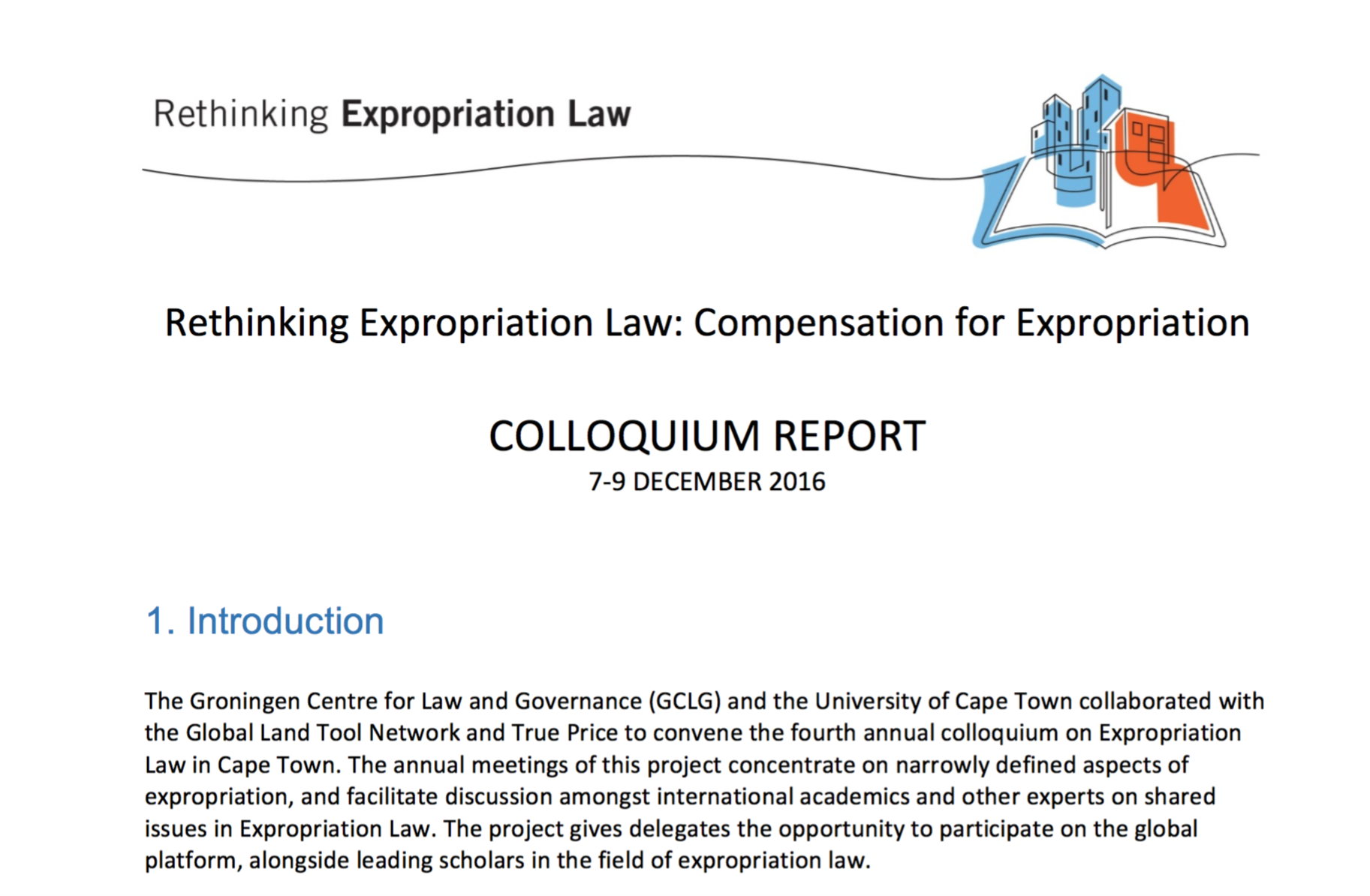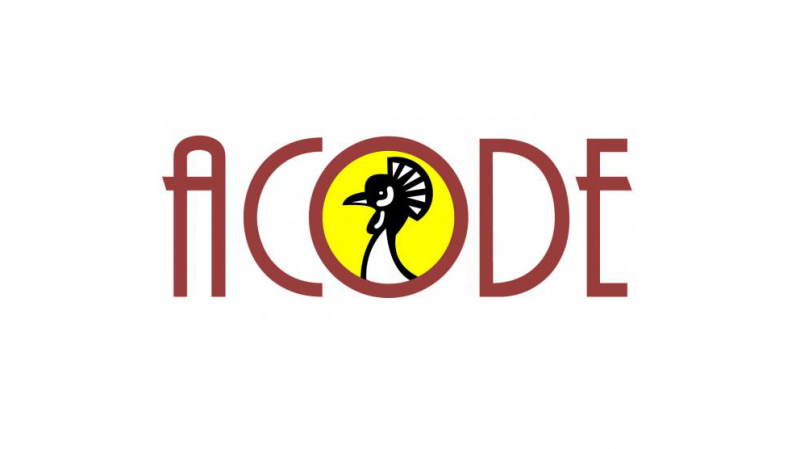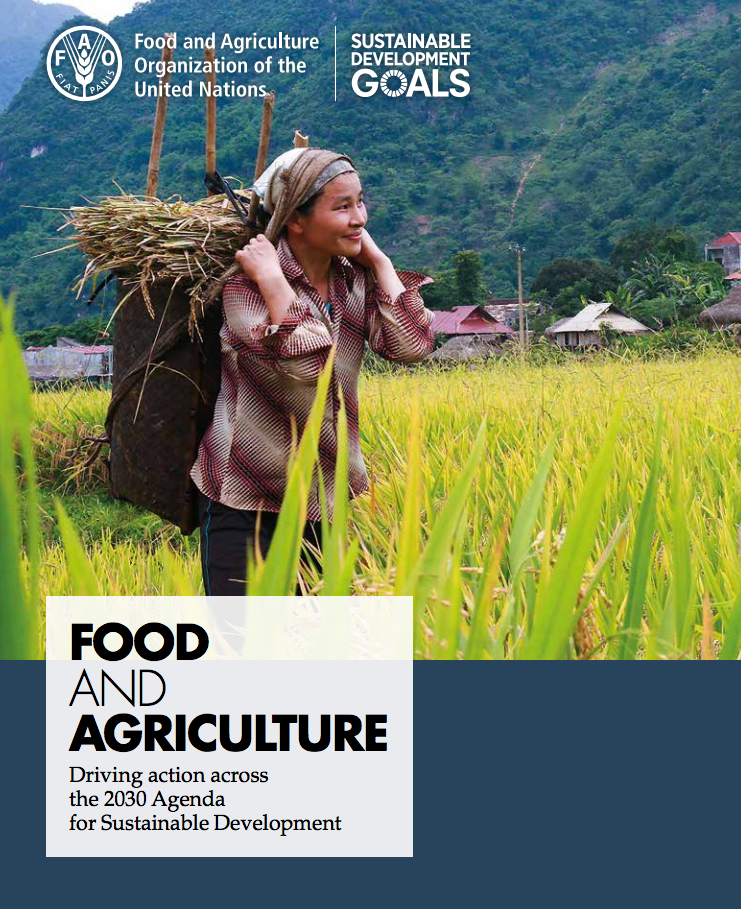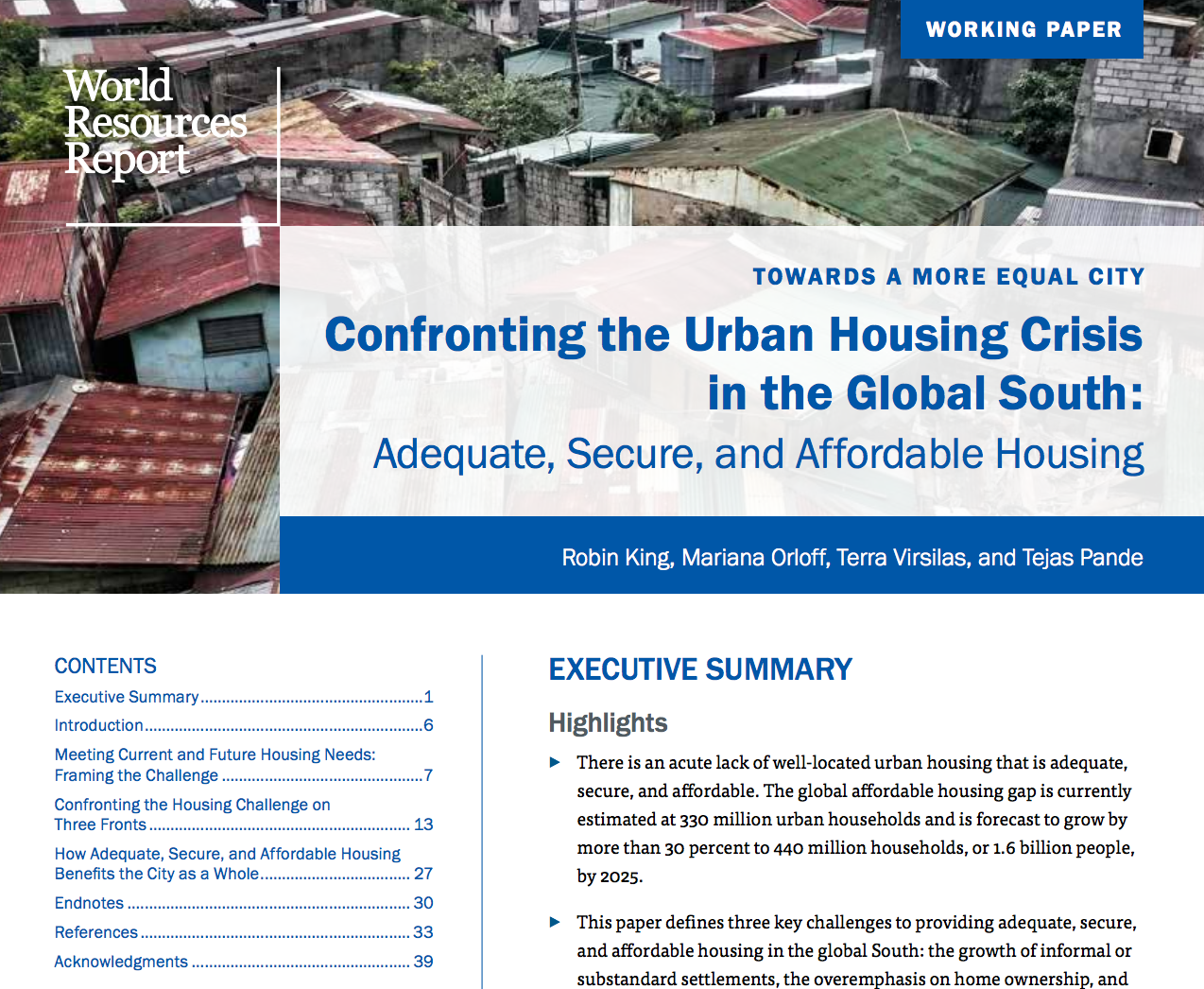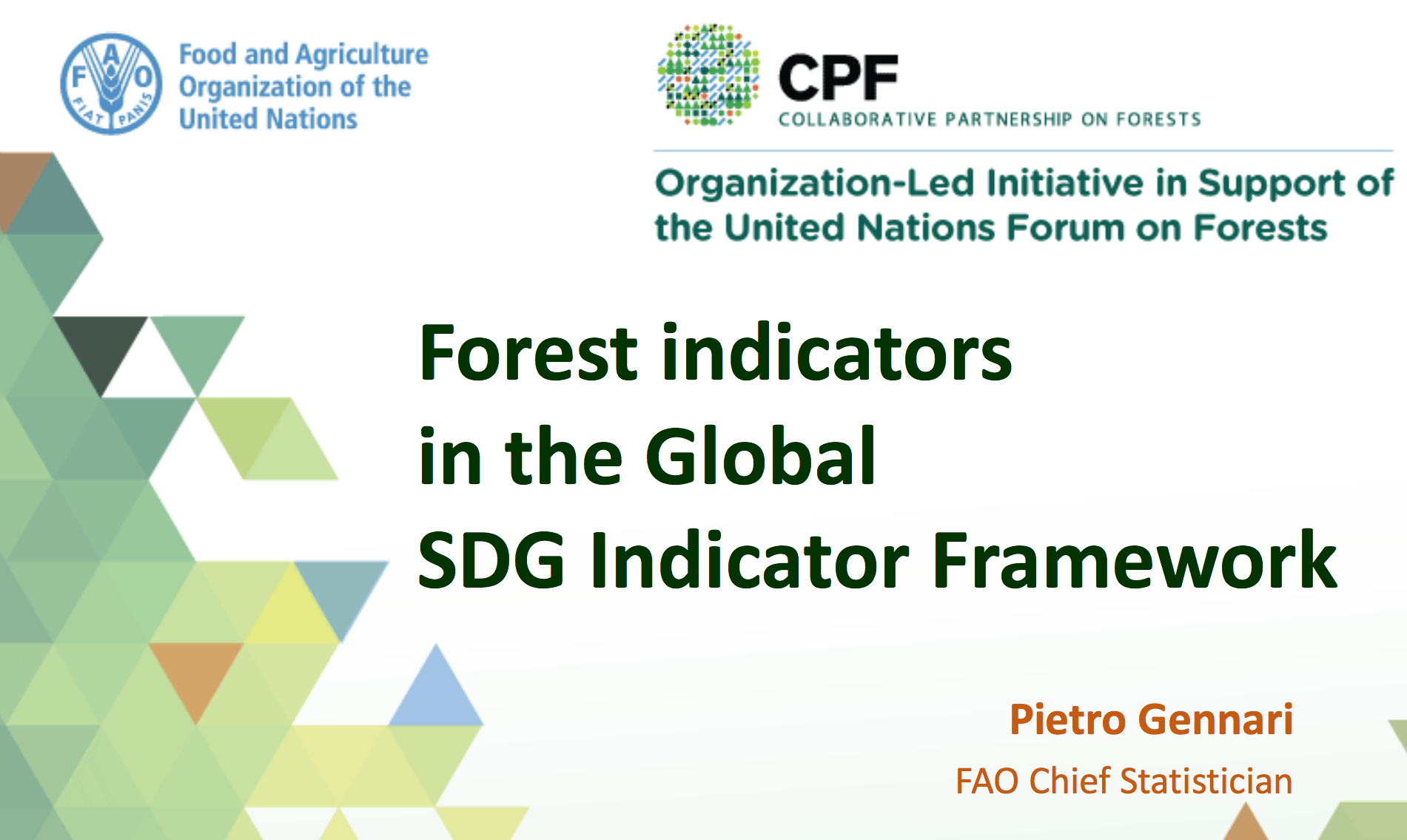Nicholas joined the Land Portal in September 2016 as a Research Analyst. Previously, he worked at the World Resources Institute (WRI), an environmental think tank in Washington D.C. At WRI, he assessed the land tenure security of indigenous and community lands for LandMark, a global platform of community lands. He also examined and wrote about expropriation laws and practices as well as environmental regulatory frameworks for WRI's The Access Initiative. In 2012-2013, Nicholas worked for the Law Reform Commission of Liberia in Monrovia and Oxfam India in New Delhi, where he conducted legal research related to land tenure, local governance, and other issues. He has a B.A.in Economics and Political Studies from Pitzer College and Doctor of Jurisprudence (JD) from Indiana University Maurer School of Law. Currently, he is pursuing at PhD at the University of Groningen Faculty of Law. His dissertation will focus on whether national expropriation, compensation, and resettlement laws in developing countries are adopting international standards designed to secure tenure rights and ensure responsible land governance.
Details
Location
Contributions
Displaying 41 - 50 of 72Safeguarding land tenure rights in the context of agricultural investments
This course has been developed in response to the concerns about increasing large-scale land acquisitions and the need to increase investment in agriculture. The objective is to provide guidance to government authorities engaged in investment promotion, approval, and monitoring activities at all stages of the investment cycle.
Laos Decree on Compensation and Resettlement Management in Development Projects
This Decree provides principles, regulations and standards on the management, monitoring of compensation of losses and the management of resettlement activities in order to properly and effectively implement development projects with the aims to ensure that the affected people are compensated, resettled and are assisted with permanent livelihood alternatives leading to improving of living conditions to be better off or to be at the same level as they were before as well as to ensure that the projects can contribute to the socio-economic development of the nation in sustainable manners.
Andrew Chilombo
PhD Student, University of Edinburgh School of Geosciences
Economic valuation of ecosystem services for improved land governance and livelihoods: case study in large scale land acquisitions in Zambia
Rethinking Expropriation Law: Compensation for Expropriation
The Groningen Centre for Law and Governance (GCLG) and the University of Cape Town collaborated with the Global Land Tool Network and True Price to convene the fourth annual colloquium on Expropriation Law in Cape Town. The annual meetings of this project concentrate on narrowly defined aspects of expropriation, and facilitate discussion amongst international academics and other experts on shared issues in Expropriation Law. The project gives delegates the opportunity to participate on the global platform, alongside leading scholars in the field of expropriation law.
Advocates Coalition for Development and Environment
Advocates Coalition for Development and Environment (ACODE) is an independent public policy research and advocacy think tank based in Uganda working in East and Southern Africa. ACODE was first registered in 1999 as a Non-governmental organization (NGO). In 2004, the organization was incorporated as a company limited by guarantee and without having a share capital. ACODE is one of the most dynamic and robust regional leaders in cutting-edge public policy research and analysis in a range of areas including governance, trade, environment, and science and technology.
Food and Agriculture: Driving action across the 2030 Agenda for Sustainable Development
Our planet faces multiple and complex challenges in the twenty-first century. The 2030 Agenda for Sustainable Development commits the international community to act together to overcome them and transform our world for present and future generations.
Local Governments for Sustainability
ICLEI - Local Governments for Sustainability is the leading global network of more than 1,500 cities, towns and regions committed to building a sustainable future.
By helping the ICLEI Network to become sustainable, low-carbon, resilient, ecomobile, biodiverse, resource-efficient and productive, healthy and happy, with a green economy and smart infrastructure, we impact over 25% of the global urban population.
Confronting the Urban Housing Crisis in the Global South: Adequate, Secure, and Affordable Housing
- There is an accute lack of well-located urban housing that is adequate, secure, and affordable. The global affordable housing gap is currently estimated at 330 million urban households and is forecast to grow by more than 30 percent to 440 million households, or 1.6. billion people, by 2025.
Forest indicators in the Global SDG Indicator Framework
PowerPoint on Forest indicators in the Global SDG Indicator Framework
What Future For Reform?
Who owns the world’s forests, and who decides on their governance? The answers to these questions are still deeply contested. To many Indigenous Peoples and local communities who have lived in and around forests for generations, the forests belong to them, under locally defined systems of customary tenure. In most countries, however, governments have claimed ownership of much of the forest estate through historical processes of expropriation, and those claims have been formalized in statutory laws.


